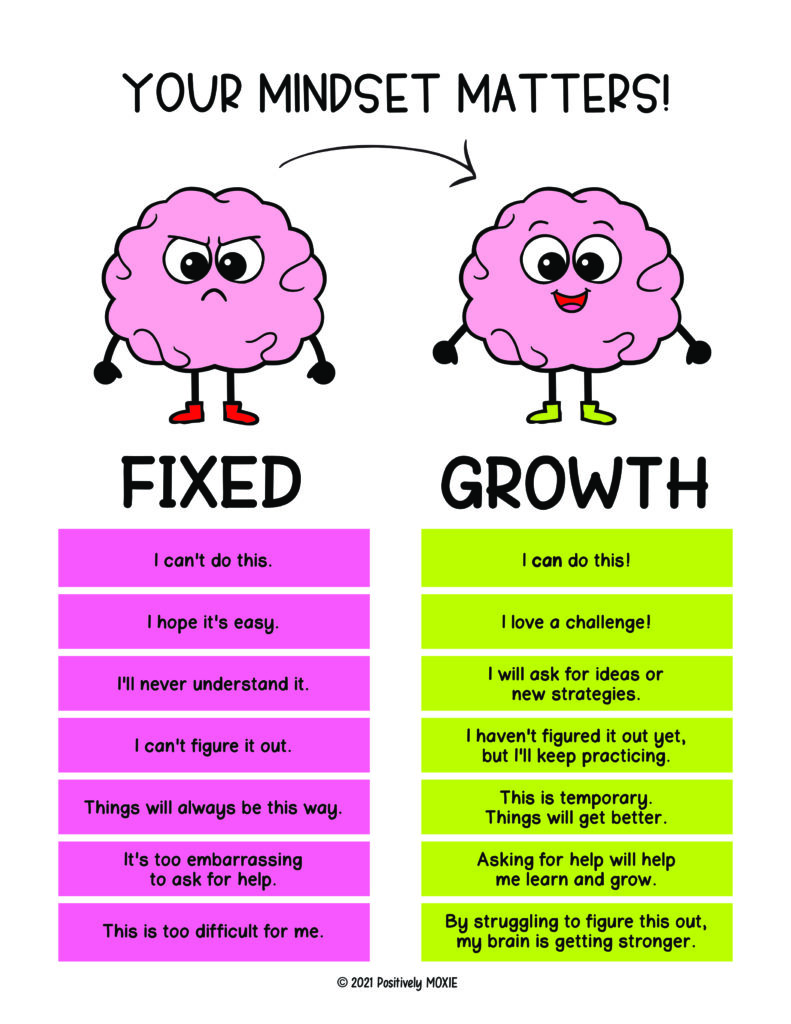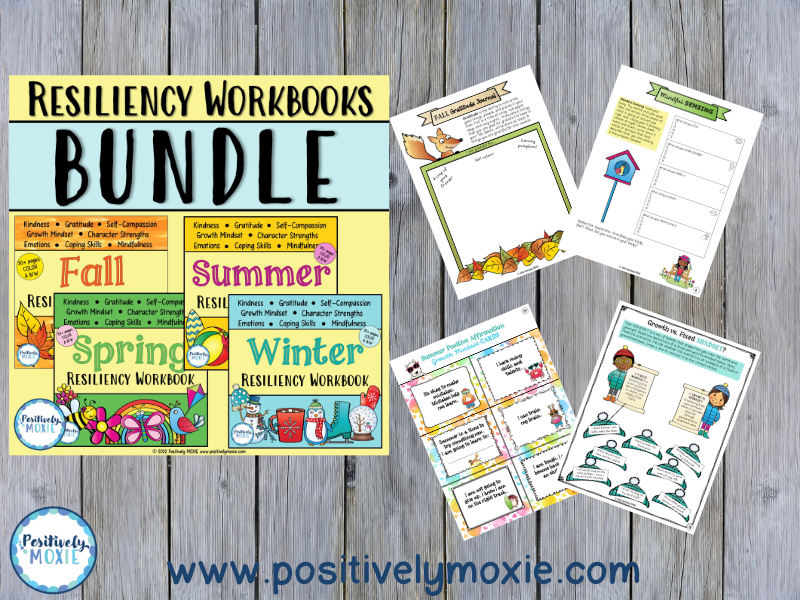We can recover more quickly from adversity by learning to increase our resilience. Becoming more confident in our capabilities, including responding to and dealing with life’s challenges, is a means to build resilience. Use these ten tips to increase resilience.

Why is Learning to Increase Resilience Important?
Resilience is our ability to bounce back when things are unplanned. Research tells us that these skills can be taught. As you read these 10 tips, think about how to implement them in your own life after experiencing adversity.
1. Practice good self-care
This first and perhaps most important step is taking care of our body. This helps us overcome stress and supports our ability to become more resilient. Caring for our bodies always includes exercise, nutrition, and sleep. According to the National Institute of Health, adults should get between 7 and 9 hours of sleep per night. When we receive less than 7 hours of sleep per night, we risk more health issues than those who sleep seven or more hours a night. Other important strategies include meditation, yoga, visualization, mindful breathing, progressive relaxation, and mindfulness. These tools and others offer research-based ways to deal with life’s setbacks and help us become more resilient.
2. Practice self-compassion
Another way to address resilience is to be kind to ourselves. We all have bad days. That said, we can realize that we are not alone in our distress. Learning to be more self-compassionate offers a helpful way to build resilience. It is the ability to offer ourselves kindness and warmth without being so judgemental. According to psychologist Kristin Neff, this “self-compassion” has three main components: a feeling of shared humanity, mindfulness, and self-kindness. Self-compassion is understanding that we are not alone in our suffering.
3. Adjust our outlook and be more optimistic.
We can’t always change our circumstances, but we can change the way we look at our circumstances. We can choose to maintain a positive attitude.
4. Use thoughtful awareness.
Besides maintaining a positive attitude, thoughtful awareness is another useful strategy to help us become more resilient. Mindful awareness can be described as using our senses to be more mindful of the present moment. It strengthens our concentration whenever we can bring our attention back to our senses. Focusing on our sensory experiences helps us with memory, problem-solving, and creativity.
5. Learn from mistakes.
Use failure as feedback. As hard as this sounds, it is important to understand that a mistake is just a moment. It is also just as important to understand that we all make mistakes. The significant takeaway is that we can learn to move on and learn what we will do differently. Can we ask ourselves, “What did I do well?” “What did I not know?” “What can I change for next time?” While these can be tough questions, let’s take small steps, be kind to ourselves, and know that we can recover and do better next time.
6. Keep working on your skills.
When we think about skills, it might be surprising to consider ensuring we all develop hobbies and reading, for example. Hobbies provide a creative and skilled outlet, helping us relieve stress and build resilience. Developing hobbies helps us become more resilient by allowing us to become interested in activities and move our focus. Besides working on hobbies, reading provides us with a wonderful outlet. Reading allows us an “instant vacation” by fully immersing us into a story beyond our lives and struggles.
7. Adopt a growth mindset.

Yet another strategy to support cultivating resilience is adopting a growth mindset. A growth mindset is a belief that our abilities and talents can improve with effort. It is the understanding that we can always get better and more skilled. When we suffer a setback, a growth mindset allows us to use setbacks and even failures as an opportunity to learn and grow, knowing that the next time we are challenged similarly, we can do better.
8. Set SMART goals.
The next step in helping us become more resilient is setting goals. A SMART goals framework helps us stay focused by clarifying what we want to achieve. This method helps us push our limits, gives us direction to stay focused, and helps us reach our goals on time. Why is this important for greater resilience? When we learn to tackle hard things and achieve the goals we set, we learn that we can overcome not just life’s adversity but also that we can do the hard things we set out to do.
9. Use your character strengths.
Think of your character strengths as outlined by VIA as your superpowers. What are you exceptionally skilled in? How can you leverage this skill to help you overcome this particular challenge? These are ways to consider your strengths. The VIA Institute on Character offers 24 core human strengths in higher and lower quantities. Consider taking the free assessment to determine your strengths, help you become happier, and increase your well-being, ultimately impacting your resilience.
10. Know what gives you joy.
Do you know what gives you joy? When we know what brings us pleasure and true enjoyment, it leads to greater happiness. Ask yourself, what is one thing, no matter how small, can you do today that will give you greater joy? Next, can you add this activity to your day to build resilience? How about calling that old friend? Enjoying a nap, attending a salsa class, or making scones?
When we experience adversity, it can positively impact our empathy, self-efficacy, and, ultimately, our resilience!


